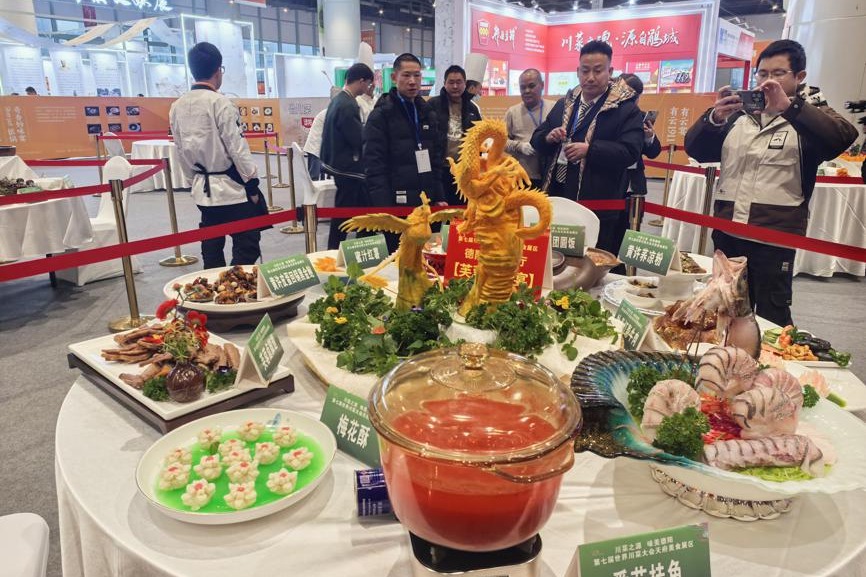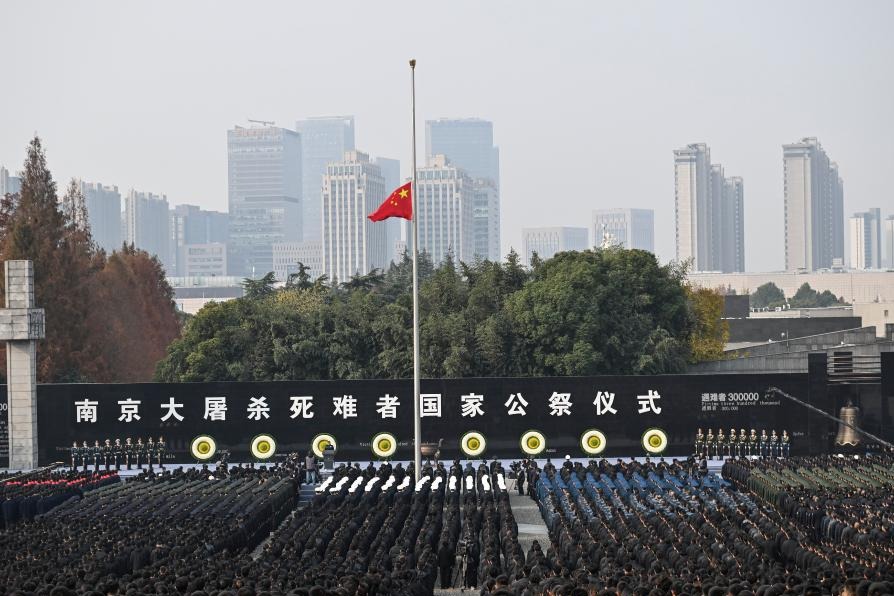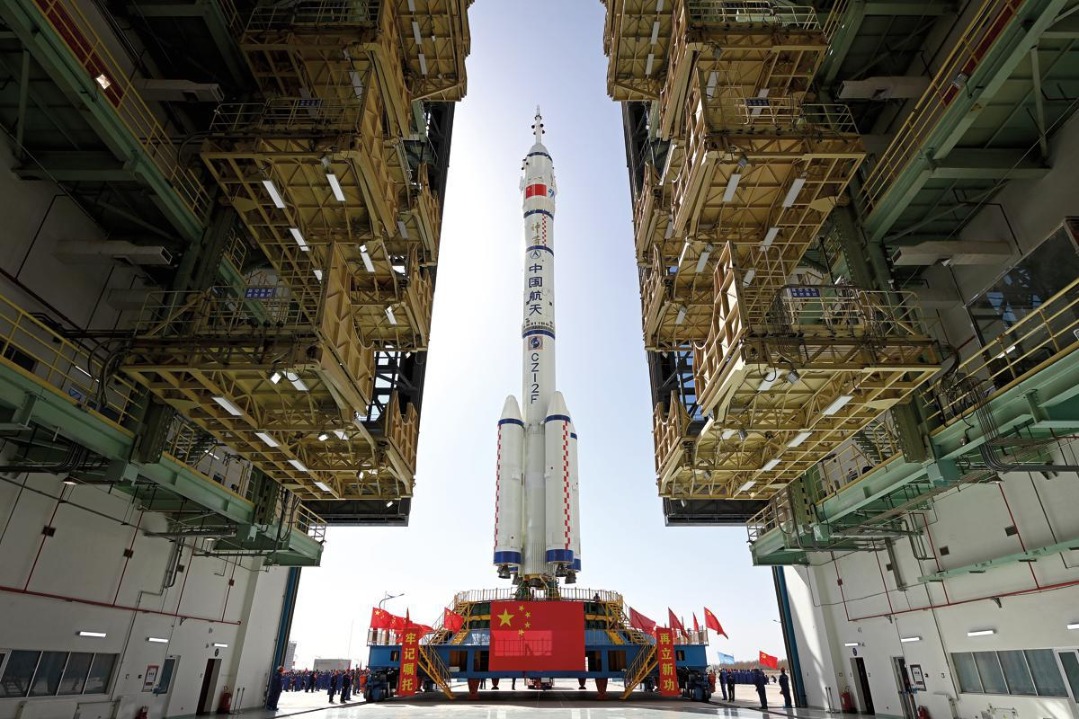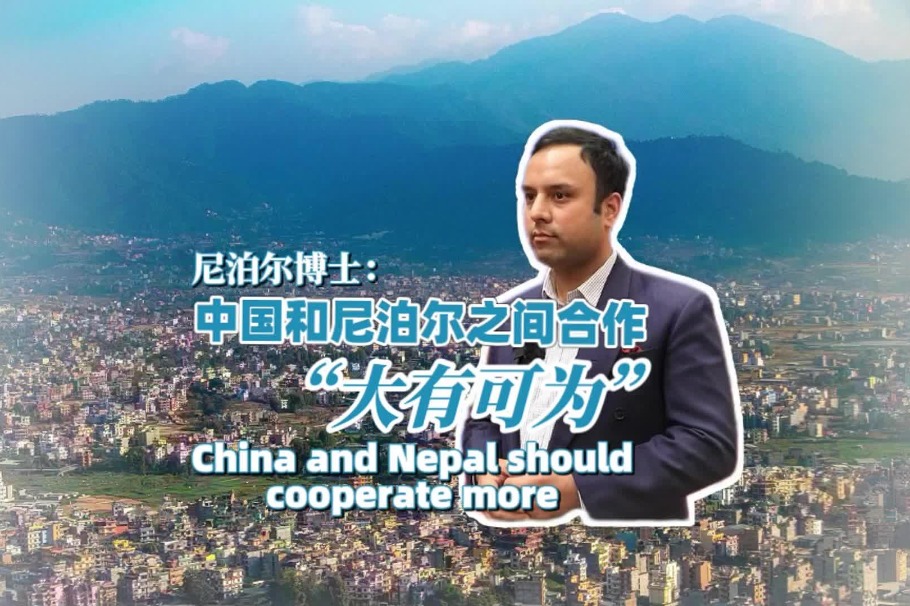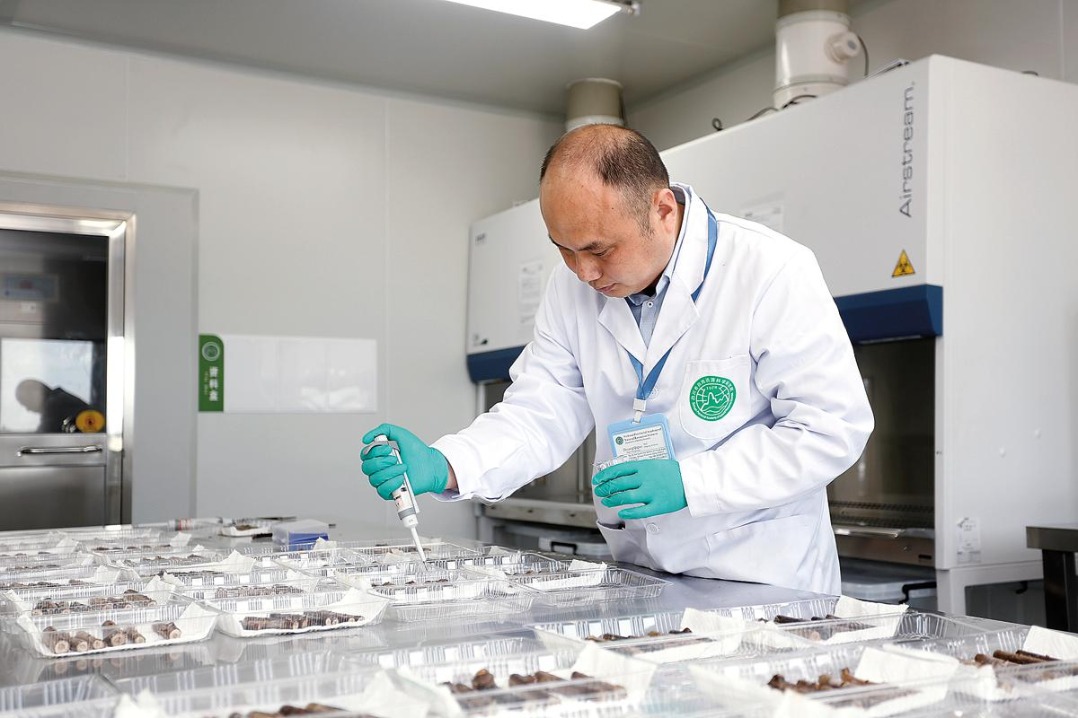A 'varsity of the future' for Macao
SAR sees a bright future for higher education, capitalizing on the "one country, two systems" framework, appropriate economic diversification, and making the city a favorable place for higher studies for students. CityU Macao Rector Liu Jun talks to Wu Kunling.

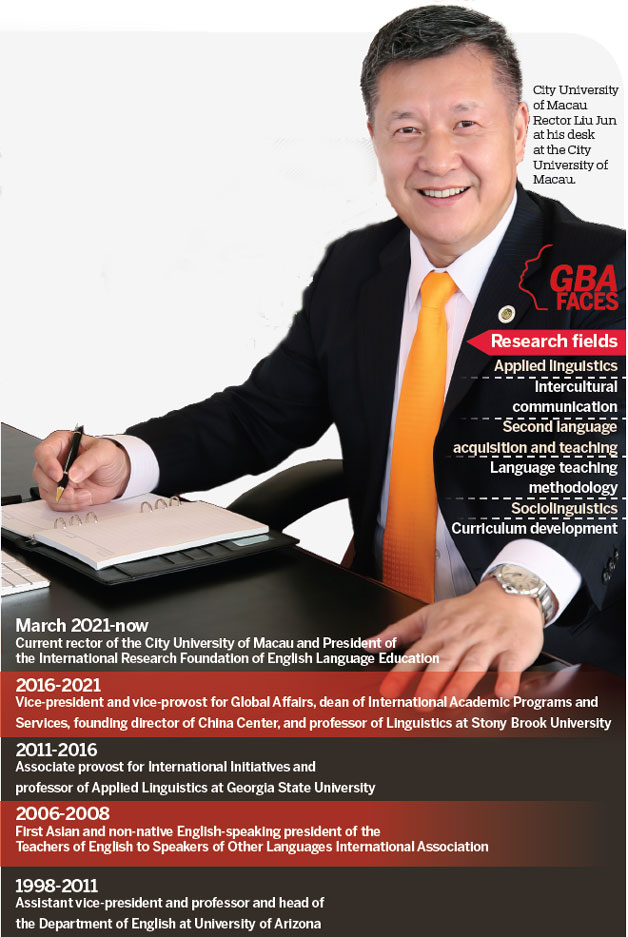
Drawing on the strengths of the "one country, two systems" principle, Macao stands poised to be a world-class talent exchange hub with higher education as a glistening hallmark.
That's the view of internationally renowned educator and scholar, Liu Jun - rector of the City University of Macau - as the special administrative region prepares to commemorate the 25th anniversary of the city's return to the motherland.
In an exclusive interview with China Daily, Liu says he sees the SAR becoming a glamorous talent base in another quarter of a century - a place that not only nurtures professionals, but also serves as a platform for international talent exchange and collaboration.
By then, Liu envisages, a new education model - a "university of the future" - would have been established, granting students unparalleled freedom to choose their courses and fields, guided by global experts and empowered by advanced technology, to pursue knowledge and their dreams.
To realize this vision, along with maximizing Macao's inherent strengths, the education sector should make full use of its connections with neighboring cities on the Chinese mainland, grasp the opportunities created by the SAR's economic diversification, and actively embrace technology and interdisciplinary collaboration, he says.
Calling the city's limited space a key constraint in developing institutions of higher learning, Liu says there is a pressing need to leverage the options offered by the integrated progress of the nine mainland cities in the Guangdong-Hong Kong-Macao Greater Bay Area, especially the development of the Guangdong-Macao In-Depth Cooperation Zone on Zhuhai's Hengqin Island.
He says he hopes all of Macao's universities can set up a joint institution on Hengqin that allows mainland high school graduates to take general education courses covering liberal studies like languages, culture, humanities, and artificial intelligence for the first two years.
In the third and fourth years, based on their strengths and preferences, students could join one of Macao's 10 universities for further studies. In this respect, Hengqin could become more dynamic with increased educational activities, and the city's education sector could also take in more students, laying a solid foundation for future development.
















